Introduction
Wild populations of Mediterranean Sea Bass (Branzino) experienced a significant decline due to rampant overfishing. This depletion led to the International Union for Conservation of Nature (IUCN) classifying wild branzino as an overexploited species. Overfishing is a critical issue that has led to the depletion of many fish species worldwide, including the Mediterranean Sea Bass, commonly known as Branzino. This beloved fish, a staple in Mediterranean cuisine, faces significant threats from overfishing. At Seatopia, we are committed to addressing these challenges through sustainable aquaculture practices that ensure the long-term health of our oceans and the availability of Branzino for future generations.
The Problem of Overfishing
Overfishing occurs when fish are caught at a rate faster than they can reproduce, leading to a decline in fish populations. The Mediterranean Sea Bass has been particularly affected by this practice. Increased demand for this delicious fish has put immense pressure on wild populations, disrupting marine ecosystems and threatening the species' survival.
The consequences of overfishing extend beyond the depletion of fish stocks. It disrupts the balance of marine ecosystems, affects the livelihoods of fishing communities, and reduces biodiversity. The urgency to address overfishing cannot be overstated, as it impacts both environmental sustainability and food security.
The Role of Sustainable Aquaculture
Sustainable aquaculture offers a viable solution to the problem of overfishing. By farming fish in controlled environments, we can reduce the pressure on wild fish populations and provide a reliable source of seafood. At Seatopia, we partner with farms that employ regenerative aquaculture practices to raise Branzino responsibly.
Our partner farms use advanced techniques such as Recirculating Aquaculture Systems (RAS) and Integrated Multi-Trophic Aquaculture (IMTA). RAS minimizes water usage and waste, while IMTA integrates different species to create a balanced ecosystem, mimicking natural processes. These methods ensure that our Branzino is not only of the highest quality but also produced with minimal environmental impact.
Seatopia's Commitment to Sustainability
Seatopia is dedicated to promoting sustainable aquaculture and protecting our oceans. We carefully select our partner farms based on their commitment to environmental stewardship and responsible farming practices. Each Branzino we offer is raised without the use of antibiotics or harmful chemicals, ensuring a clean and healthy product for our customers.
In addition to sustainable farming practices, we are actively involved in initiatives to restore marine ecosystems. For every order placed, Seatopia plants a kelp tree through our Kelp Reforestation project. Kelp forests play a crucial role in sequestering carbon, providing habitat for marine life, and mitigating ocean acidification.
Conclusion
Choosing sustainably farmed Branzino from Seatopia is a step towards protecting our oceans and supporting regenerative aquaculture practices. By addressing the issue of overfishing and promoting sustainable seafood, we can ensure that future generations can enjoy the delicious and nutritious benefits of Branzino.


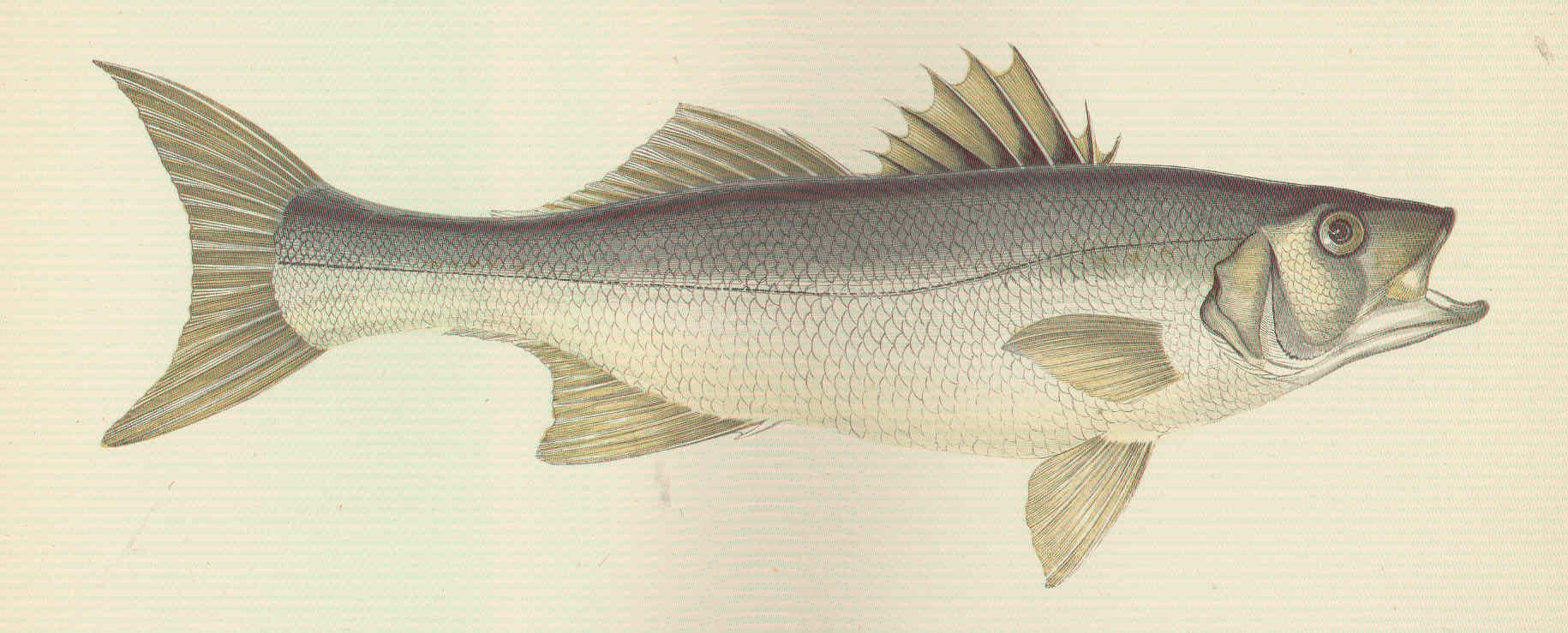
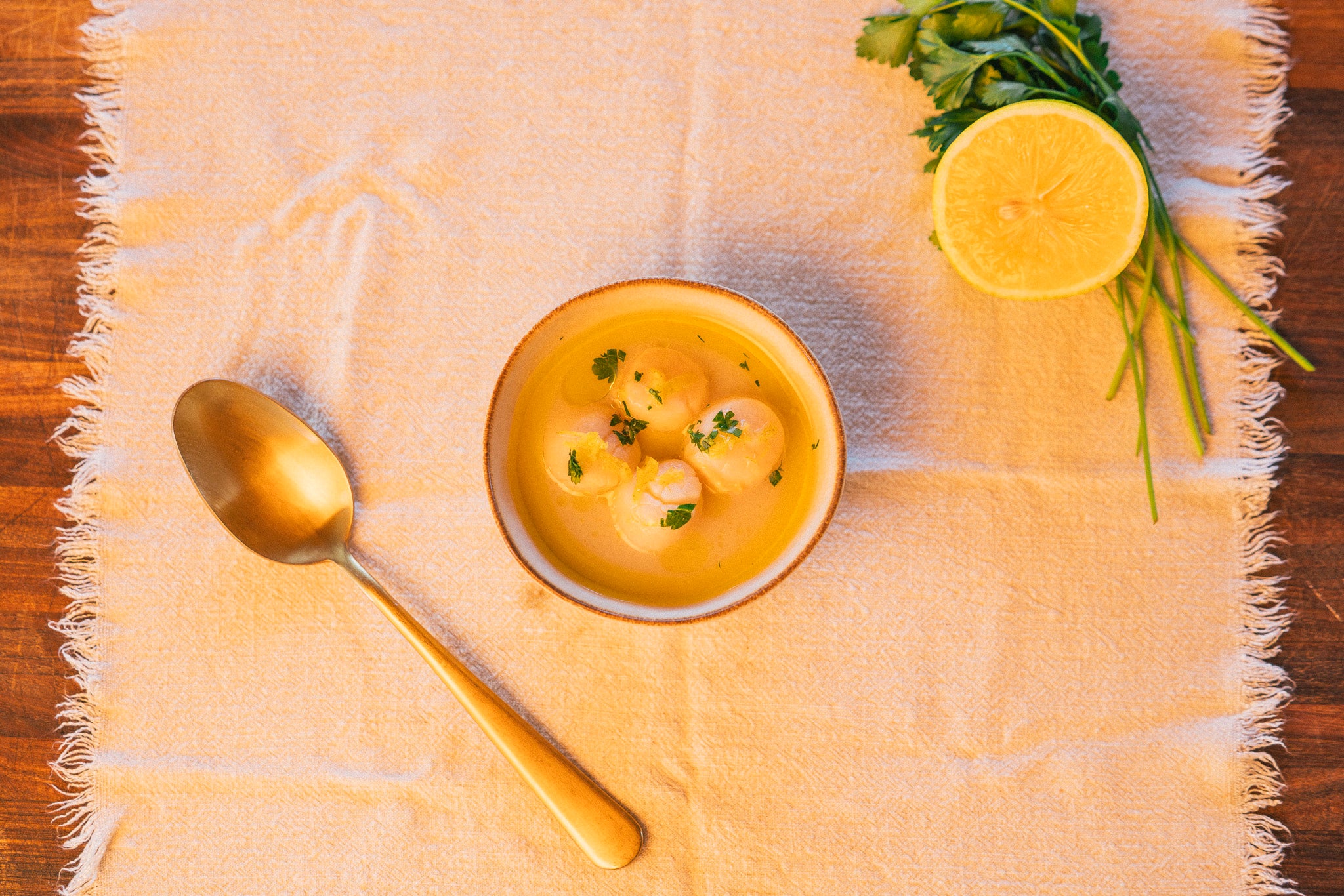
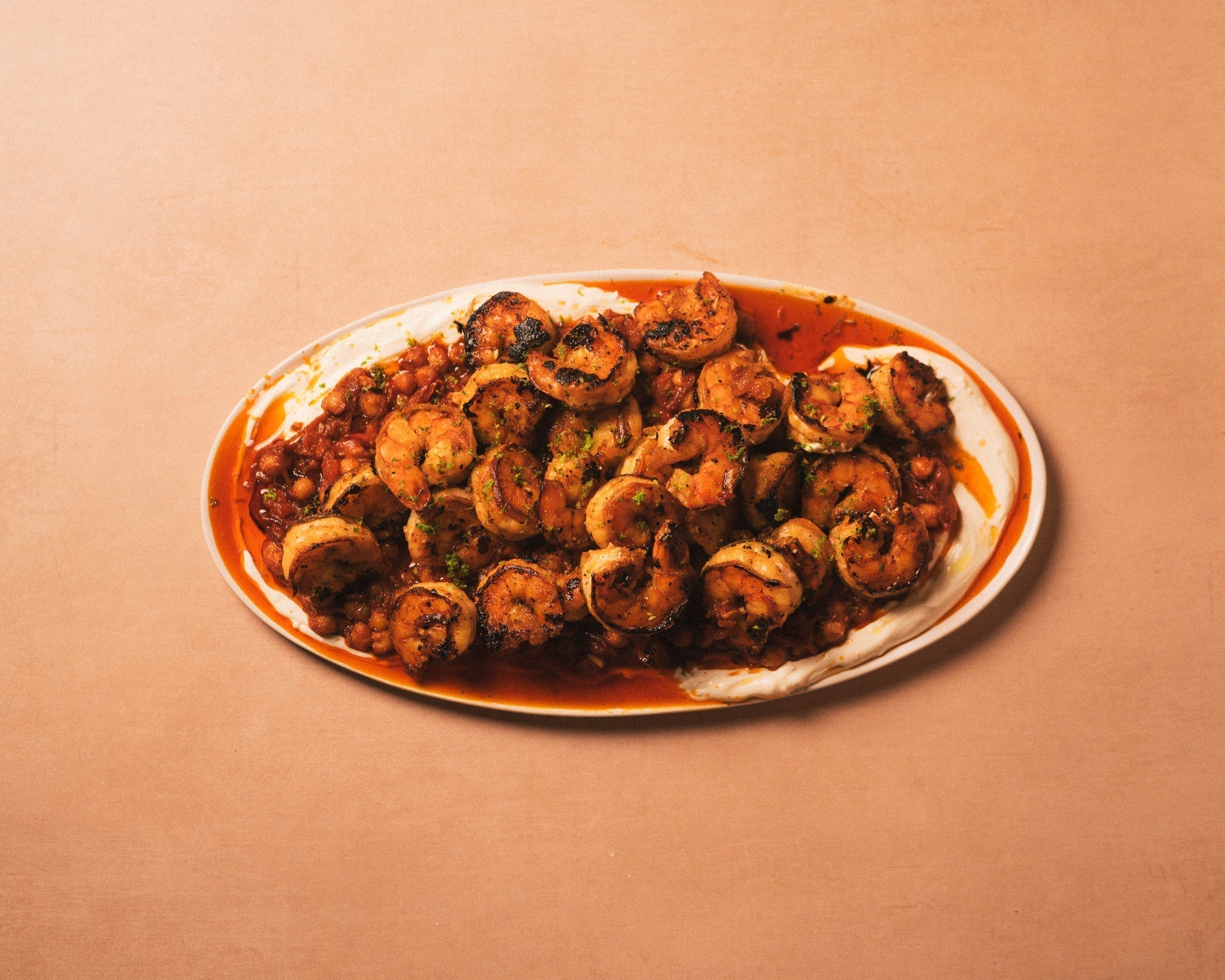
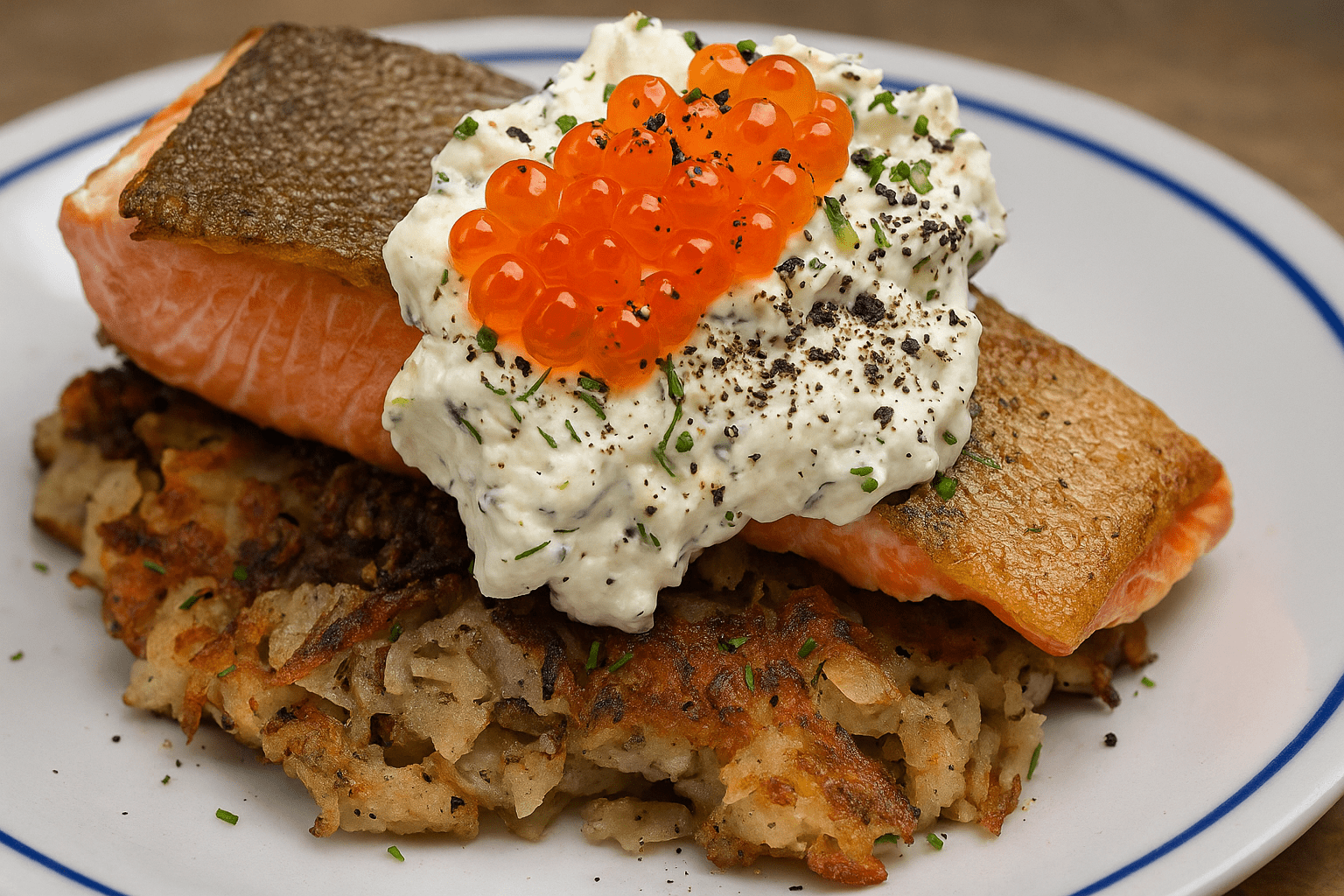
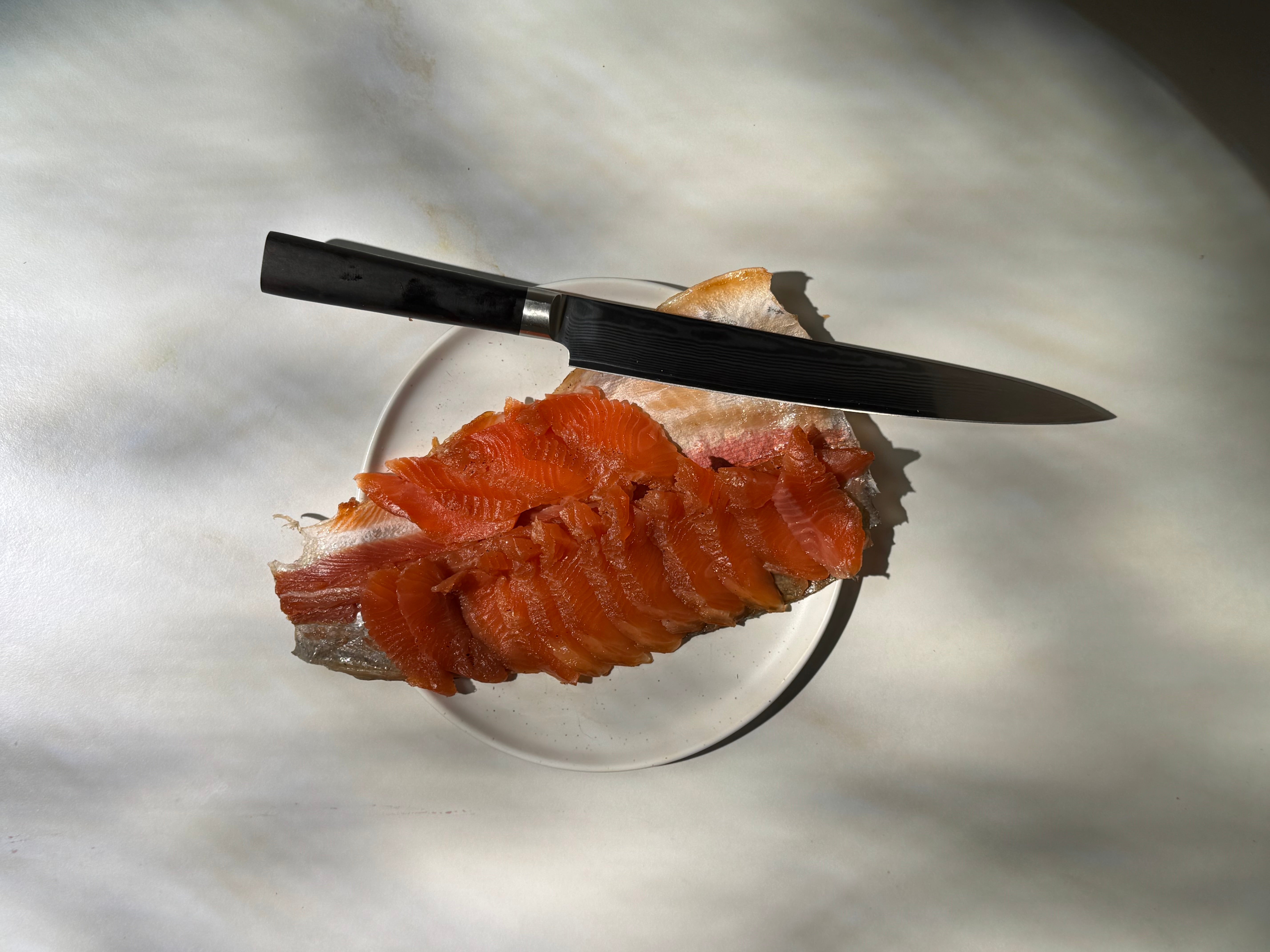
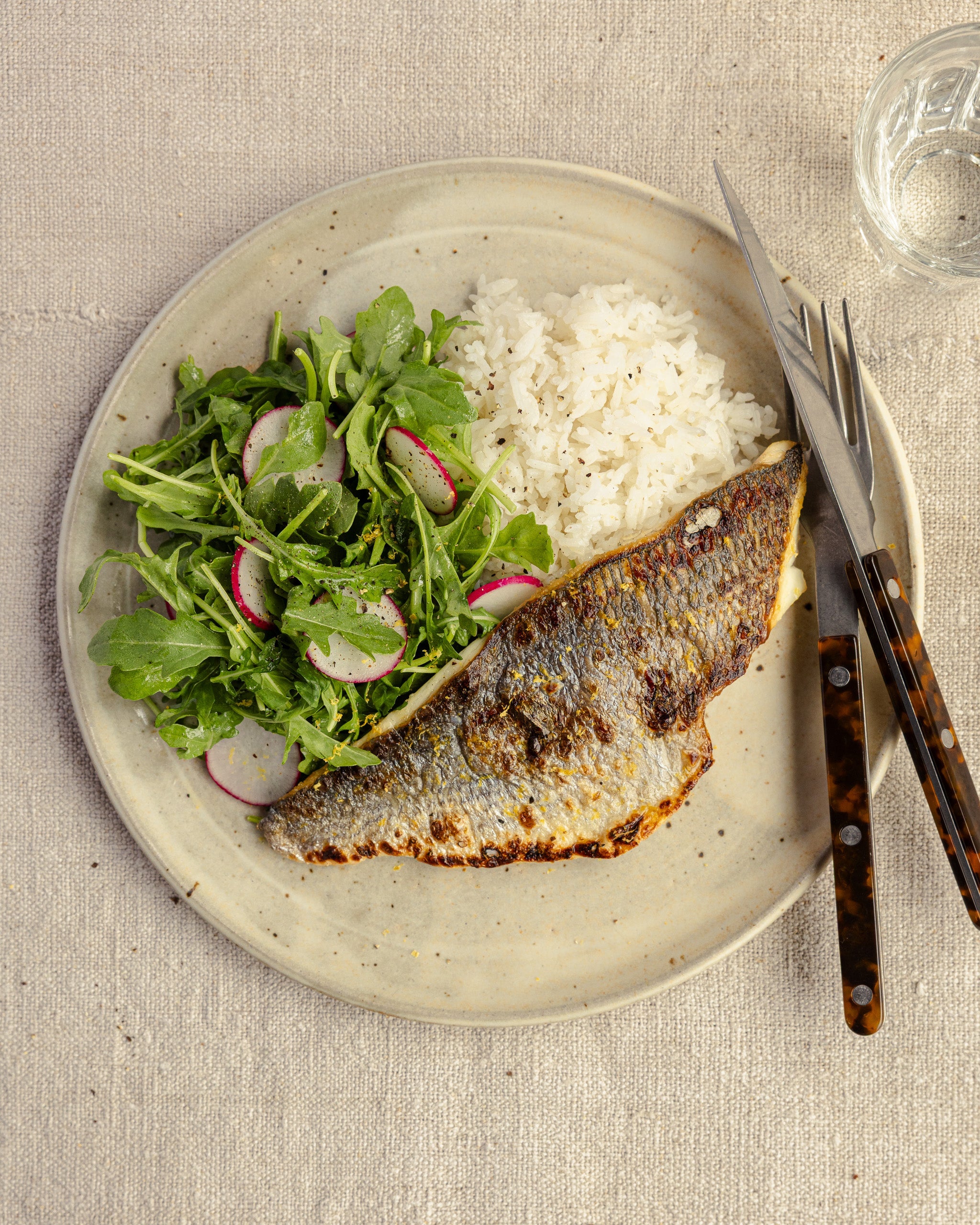

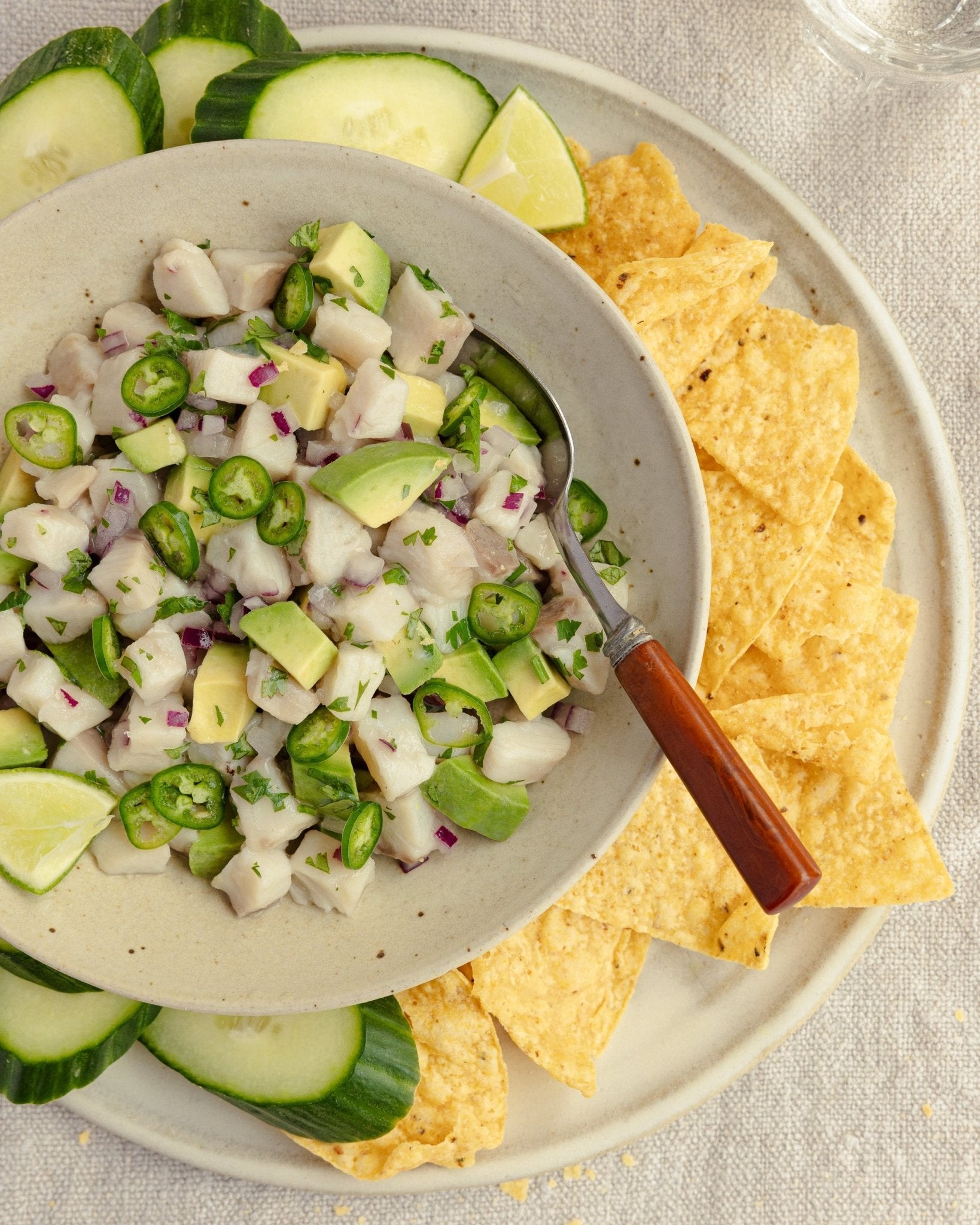
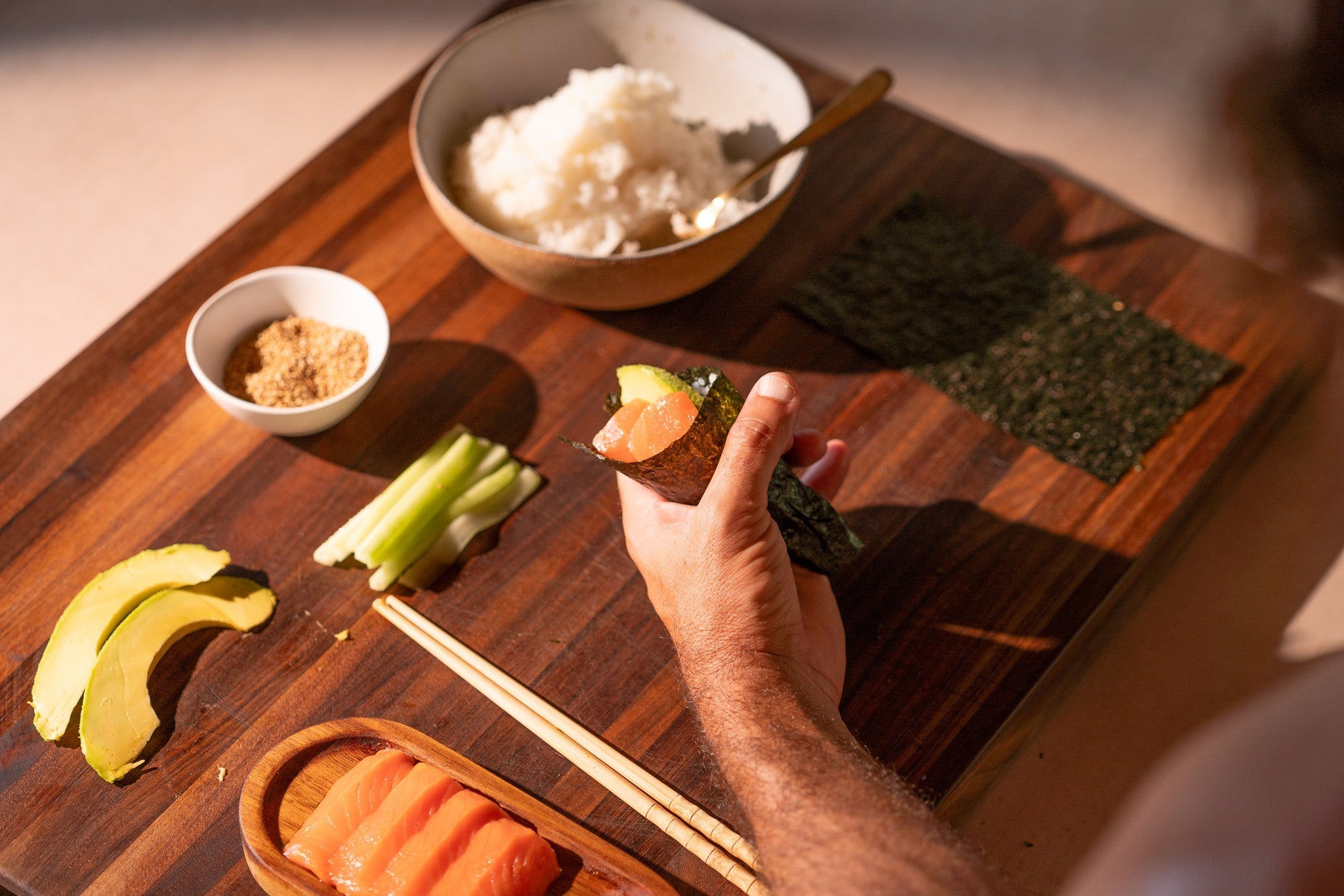
Share:
Beyond "Wild-Caught": What You Need to Know About Seafood Safety
Navigating Mercury in Seafood: FDA's New Survey and Seatopia's Commitment to Safe, Healthy Seafood